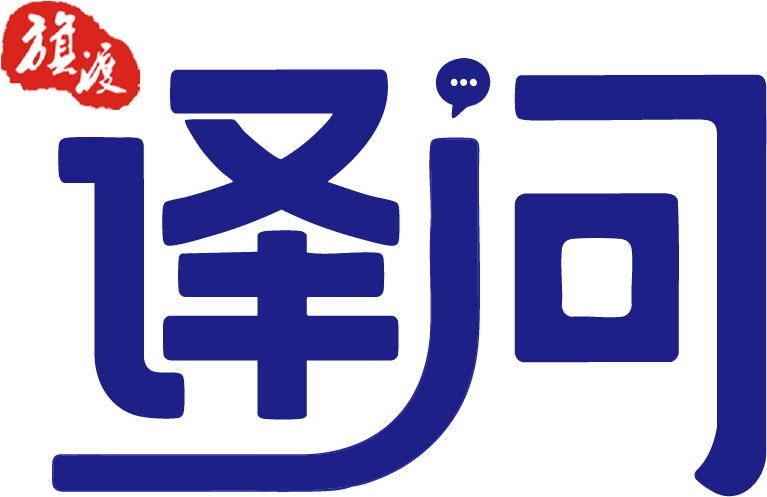1 个回答
首先来看一下该词在维基百科上的英文解释:In commercial law, a holder in due course is someone who accepts a negotiable instrument in a value-for-value exchange without reason to doubt its legitimacy. A holder in due course acquires the right to make a claim for the instrument’s value against its originator and intermediate holders. Even if one of these parties passed the instrument in bad faith or in a fraudulent transaction, a holder in due course may retain the right to enforce it.
接下来看一下该词的汉语意思Holder in due course:正当持票人,指已付对价的善意持有票据的人,其有权实现票据权利,而免于受到任何人对该票据主张权利或任何未直接与其交易的人对票据提出任何抗辩。英国《汇票法》〔Bills of Exchange Act〕规定的正当持票人有:(1)在票据到期前已成为票据持有人,且不知该票据此前已被拒绝承兑;(2)已支付对价的善意持票人,并且其在议付票据时不知道议付人存在权利瑕疵。美国《统一商法典》〔U.C.C.〕第3-302条规定的正当持票人是指符合下述条件而取得票据的人:(1)已支付对价〔for value〕,并且(2)善意〔in good faith〕,并且(3)不知道该票据已经到期或已经被拒绝承兑或拒付,或者任何人对该票据可以主张权利或提出任何抗辩。
他具有以下特征:(1)所得票据表面完全正常;(2)没有过期;(3)没有发现该汇票曾被退票;(4)不知道前手的权利有任何缺陷;(5)善意地取得汇票,支付了对价,从而对票据拥有完全的权利。
双语例句:
1.The rights of a holder in due course of a negotiable instrument are qualitatively, as matters of law, superior to those provided by ordinary species of contracts:
(1)The rights to payment are not subject to set-off, and do not rely on the validity of the underlying contract giving rise to the debt (for example if a cheque was drawn for payment for goods delivered but defective, the drawer is still liable on the cheque).
(2)No notice need be given to any party liable on the instrument for transfer of the rights under the instrument by negotiation.
从法律上说,可转让票据的正当持票人的权利在性质上优于普通种类合同所规定的权利:
(1)受付权不受抵销,也不依赖于引起债务的基础合同的有效性(例如,如果为支付已交付但有缺陷的货物而开具的支票,则出票人仍对该支票负责)。
(2)无需向票据上任何负有责任的一方发出通过议付转让票据项下权利的通知。
2.Transfer free of equities—the holder in due course can hold better title than the party he obtains it from (as in the instance of negotiation of the instrument from a mere holder to a holder in due course)
无股权转让----正当持票人可以拥有比其获得所有权的一方更好的所有权(如票据从单纯的持票人转让给正当持票人的情况)

